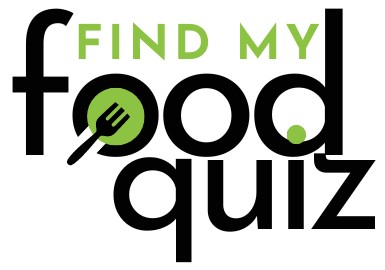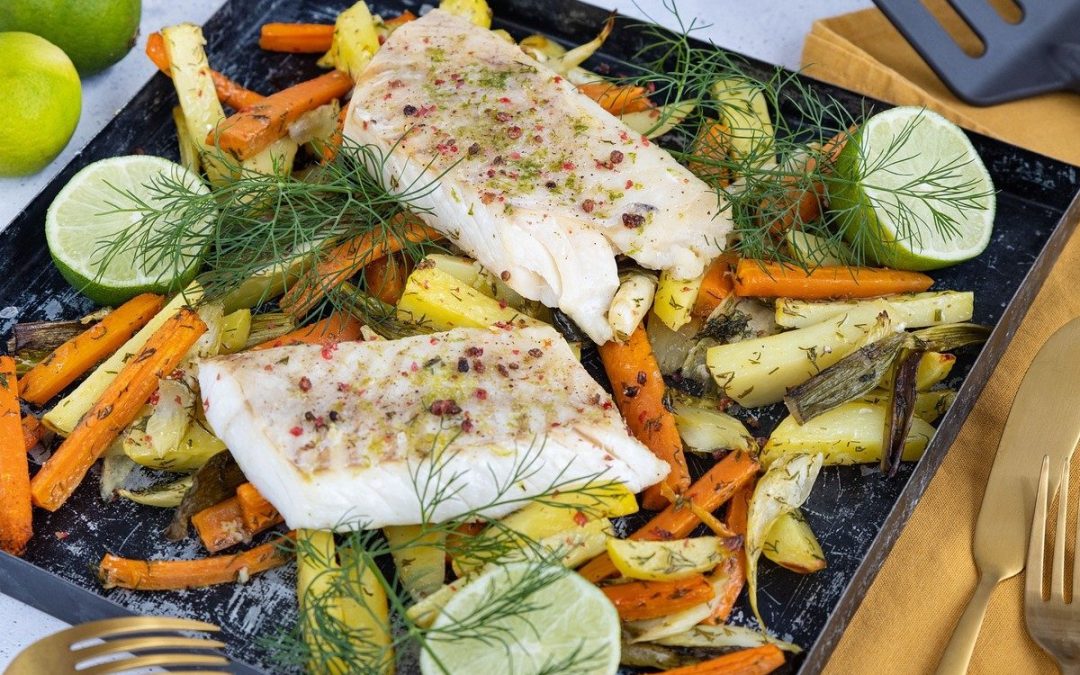The meal delivery kit industry has seen explosive growth over the past few years, transforming how people approach cooking at home. With increasing demand for convenience, health, and sustainability, meal kit services are evolving rapidly. As we look to the future, several trends are emerging that could redefine this industry and shape our culinary experiences. Here’s a glimpse into what we can expect in the coming years.
1. Personalization and Customization
One of the most significant trends in meal delivery kits is the push toward personalization. As consumers seek meals that align with their individual tastes, dietary needs, and health goals, companies are responding by offering more customizable options.
- Tailored Meal Plans: Meal kit services are beginning to offer personalized meal plans based on customer preferences, dietary restrictions, and health goals. This could include options for weight loss, muscle gain, or specific dietary patterns like paleo or Mediterranean.
- Ingredient Swaps: Some services are introducing features that allow customers to swap ingredients based on their preferences. This flexibility not only caters to picky eaters but also encourages families to make meals that everyone will enjoy.
2. Sustainable Practices
As environmental concerns continue to rise, meal delivery services are increasingly adopting sustainable practices. Consumers are becoming more aware of the environmental impact of their food choices, leading to a greater demand for eco-friendly options.
- Sustainable Sourcing: Companies are prioritizing local and organic ingredients, reducing the carbon footprint associated with transportation. Expect to see more partnerships with local farms and suppliers, which can enhance the freshness of the ingredients.
- Eco-Friendly Packaging: As consumers push for more sustainable options, meal kit companies are working to minimize packaging waste. This includes using biodegradable materials, compostable containers, and reusable packaging solutions to reduce their overall environmental impact.
3. Expanded Dietary Options
The rise of specialized diets has led to an increasing demand for meal delivery kits that cater to specific dietary needs. As more people adopt vegan, keto, gluten-free, or other specialized diets, companies are adapting their offerings accordingly.
- Inclusive Menus: Expect to see meal delivery services expanding their menus to include a broader range of dietary options, ensuring that customers can find meals that fit their lifestyles.
- Nutritional Transparency: Alongside this expansion, customers are seeking greater transparency regarding the nutritional content of their meals. Meal kits will likely provide more detailed information about ingredients, sourcing, and nutritional benefits.
4. Integration of Technology
Technology is playing an ever-increasing role in the meal delivery kit industry. From user-friendly apps to smart kitchen devices, tech advancements are enhancing the customer experience.
- Smart Kitchen Appliances: As smart home technology continues to evolve, meal kits may start integrating with smart appliances, providing cooking guidance and ensuring optimal cooking conditions. For instance, ovens that can automatically adjust cooking times based on the meal instructions can simplify the cooking process.
- Enhanced User Experience: Meal kit companies are investing in user-friendly platforms that offer personalized recommendations, easy reordering, and streamlined subscription management. Enhanced mobile apps may also provide cooking videos, tips, and community features to engage customers.
5. Collaborations with Chefs and Influencers
As meal delivery kits continue to grow in popularity, collaborations with renowned chefs and food influencers are becoming more common. These partnerships can enhance the credibility of meal kits and attract new customers.
- Signature Meal Kits: Expect to see exclusive meal kits created by celebrity chefs or popular food influencers. These collaborations can offer unique recipes and culinary experiences that are not available elsewhere.
- Engagement with Culinary Trends: Chefs and influencers can help meal kit companies stay on top of culinary trends, introducing customers to new flavors, cuisines, and cooking techniques.
Conclusion
The meal delivery kit industry is on the cusp of significant transformation as it adapts to changing consumer demands and environmental concerns. With a focus on personalization, sustainability, technological integration, and culinary innovation, the future looks bright for meal kits. As these trends continue to develop, consumers can look forward to a more customized, eco-friendly, and engaging cooking experience at home. Whether you’re a busy professional, a health-conscious individual, or a culinary enthusiast, the evolution of meal delivery kits promises to cater to a variety of lifestyles and preferences, making home cooking more accessible and enjoyable than ever before.

